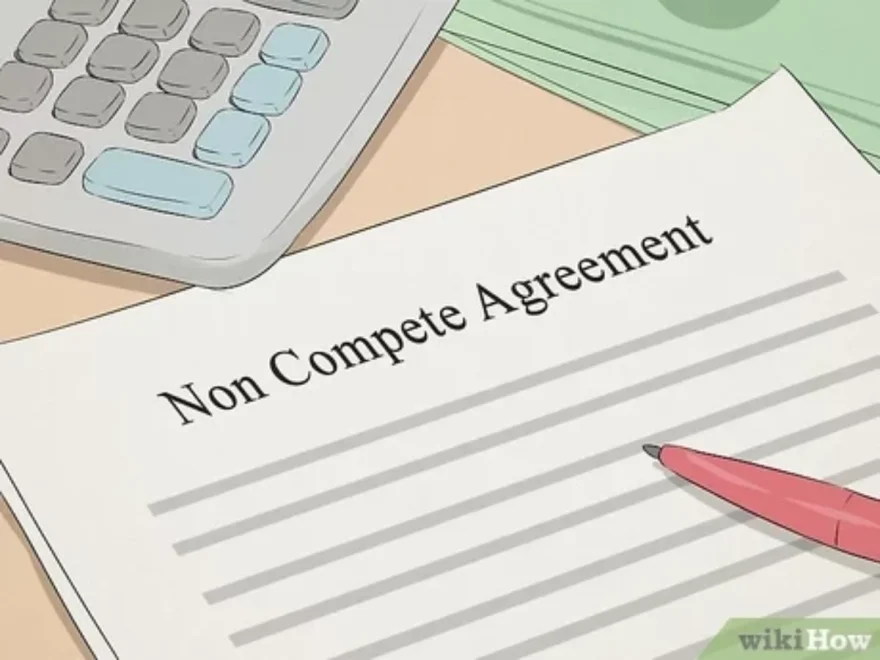Introduction
Non-compete agreements have become increasingly common in the business world, and State Farm is no exception. In this comprehensive guide, we’ll delve into the world of State Farm non-compete agreements, explaining what they are, how they work, and what they mean for individuals involved with the insurance giant.
1. What is a Non-Compete Agreement?
A non-compete agreement is a legally binding contract between an employer and an employee or contractor. This agreement restricts the employee from engaging in competitive activities against the employer’s interests for a specified period and within a defined geographical area after leaving their employment or contract.
2. Why Does State Farm Use Non-Compete Agreements?
State Farm, like many companies, uses non-compete agreements for several reasons:
- Protection of Trade Secrets: Non-competes can prevent employees from taking proprietary information, like customer lists or business strategies, to a competitor.
- Maintaining a Competitive Edge: They can help ensure that former employees or contractors do not immediately join or establish competing businesses, which could harm State Farm’s competitive position.
- Client Retention: Non-compete agreements may discourage employees from soliciting State Farm clients after their departure.
3. Key Elements of State Farm’s Non-Compete Agreements
State Farm’s non-compete agreements typically include the following elements:
- Definition of Competing Activities: A clear explanation of what constitutes a competing activity.
- Duration: The specified time frame during which the non-compete is in effect.
- Geographical Limitations: The geographic area in which the non-compete is applicable.
- Compensation During the Non-Compete Period: Whether the employee or contractor receives compensation during this period.
4. Enforceability of Non-Compete Agreements
The enforceability of non-compete agreements varies by jurisdiction. Courts generally evaluate them based on:
- Reasonableness: Courts assess whether the scope of the agreement is reasonable in terms of duration, geographic area, and the definition of competing activities.
- Legitimate Business Interest: Courts look at whether the agreement protects a legitimate business interest, such as trade secrets.
- Consideration: The agreement should provide the employee or contractor with something of value, typically employment or compensation.
5. Challenges and Controversies Surrounding Non-Compete Agreements
Non-compete agreements have faced criticism for potentially limiting employee mobility and innovation. Some employees have challenged these agreements in court, leading to discussions about their necessity and fairness.
6. Non-Compete Agreements in the Insurance Industry
In the insurance industry, non-compete agreements are often used to safeguard sensitive customer data, maintain client relationships, and protect proprietary business strategies. The insurance industry relies heavily on trust and confidentiality, making these agreements more common.
7. Frequently Asked Questions (FAQs)
1. Can non-compete agreements at State Farm prevent me from working in the insurance industry after leaving the company?
The extent of the restriction depends on the terms of your specific non-compete agreement. Consult your agreement and consider seeking legal advice if needed.
2. Are State Farm’s non-compete agreements enforceable across all states in the U.S.?
The enforceability of non-compete agreements varies by state. Consult your agreement and check your state’s laws to understand the restrictions that may apply.
3. Can I negotiate the terms of a non-compete agreement with State Farm before accepting a job or contract?
Negotiating the terms of a non-compete agreement is possible, but State Farm may have specific policies regarding such negotiations.
4. What happens if I violate a non-compete agreement with State Farm?
Violating a non-compete agreement may result in legal consequences, including fines or injunctions.
5. Are non-compete agreements necessary for protecting a business’s interests, or do they restrict employee rights?
The necessity of non-compete agreements is a subject of debate. They aim to protect business interests but can also limit employee rights, which has led to ongoing discussions and legal challenges.
8. Conclusion
State Farm’s use of non-compete agreements is part of its strategy to protect its business interests. These agreements have become more common, particularly in industries like insurance, where confidentiality and client relationships are crucial. Understanding the terms and implications of non-compete agreements is essential for employees and contractors, ensuring they make informed decisions when entering into such agreements.
Read More: https://kohlscom-activate.com/
More Related:
Does State Farm Report to Carfax: What You Need to Know
State Farm Drive Safe and Save Reviews: Is It Worth It?
Does State Farm Homeowners Insurance Cover Sewer Line Replacement?
Replace My Check: Understanding the State Farm Process
Understanding State Farm Late Payment Fees: What You Need to Know
Understanding State Farm’s Claims Process: How Many Claims Before a Policy is Dropped
Understanding State Farm Towing Reimbursement: A Guide for Policyholders

